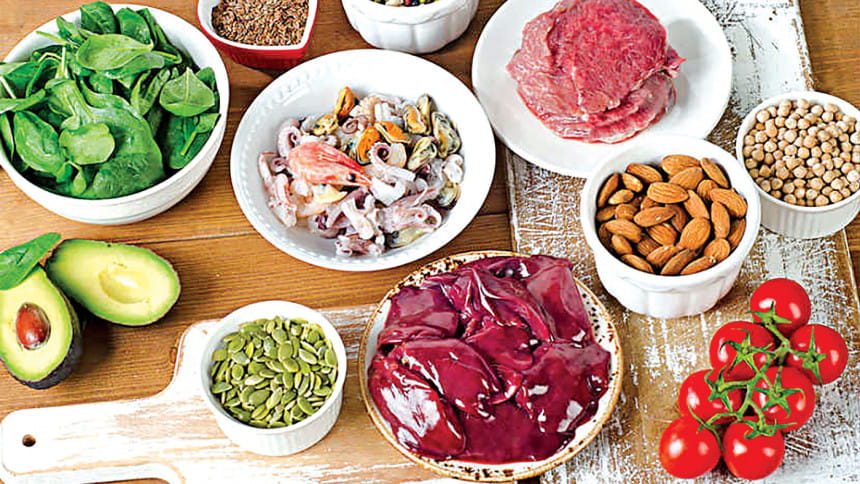Role of Zinc and Selenium in boosting immunity

Almost all nutrients in the diet play a crucial role in maintaining an optimal immune response, and both insufficient and excessive intakes can have negative consequences on the immune status and susceptibility to a variety of pathogens. Among the most important ones are zinc and selenium.
Zinc is a vital trace mineral for the immune system. The ability of zinc to boost immunity in certain disorders has been backed up by numerous studies over the past few decades. A study conducted by Ohio State University has found that zinc can stop the immune system from getting out of control and causing serious problems after 'sepsis' which is a life-threatening condition in which the body attacks its own organs and cells falsely to fight off infection.
We have no specialised zinc storage system in our body which means we must take it every day. Zinc is present in a wide variety of foods, but it is important to remember that phytates can bind zinc and inhibit its absorption. Phytates are found in whole-grain bread, cereals, and legumes. This means that zinc contained in grains and plants is not as well absorbed as zinc found in seafood and meat. Examples of foods that are high in zinc are oysters, beef, crab, lobsters, fortified cereal, pumpkins seeds, yoghurts, cheese, oatmeal, and peas etc.
So what evidence is there to support taking zinc for COVID-19? There have been hundreds of studies investigating zinc for the common cold. Zinc can inhibit the binding of the cold virus to cells within the nasal mucosa and suppress inflammation. COVID-19 is a new disease, and we are still learning about it, so to date, there has not been any specific studies of zinc for COVID-19, and we can only look at its effects in other conditions. A Cochrane review of 18 studies found zinc lozenges (at least 75mg/day) administered within 24 hours of the onset of symptoms reduced the duration of cold symptoms in healthy people. Zinc also showed to inhibit the activity and replication of another coronavirus (SARS-CoV which caused an outbreak in 2002) in the laboratory.
Selenium is basically another trace element naturally present in the human body. Dietary selenium has been found to play a role in the immune treatment of viral and bacterial infections. Selenium acts as an antioxidant in the extracellular space, the cell cytosol, in association with cell membranes and specifically in the gastrointestinal tract, all with the potential to influence immune processes. Selenium influences both the innate, 'non-adaptive' and the acquired, 'adaptive' immune systems. Foods high in selenium include nuts, tuna, oysters, beef, chicken, tofu, whole wheat pasta, shrimp, and mushrooms.
Scientists have found that people who are malnourished or follow poor diet habits depleted of essential nutrients are more prone to develop infections and diseases than those who do not. So, following a healthy diet is very important as our immune system needs adequate nourishment and nutrients to fuel itself and fight off foreign intruders and disease.
The writer is a nutritionist.
E-mail: [email protected]

 For all latest news, follow The Daily Star's Google News channel.
For all latest news, follow The Daily Star's Google News channel. 



Comments